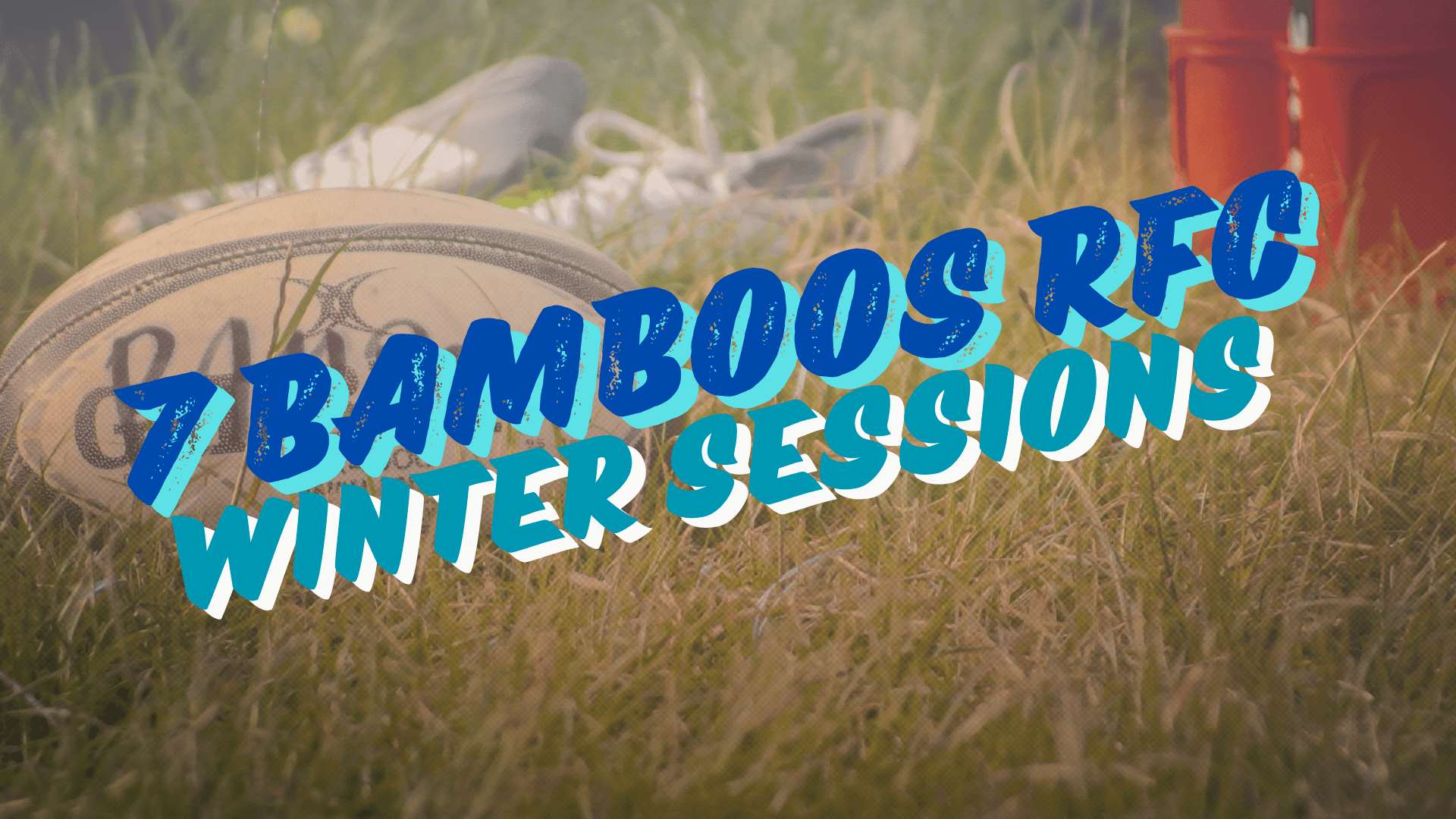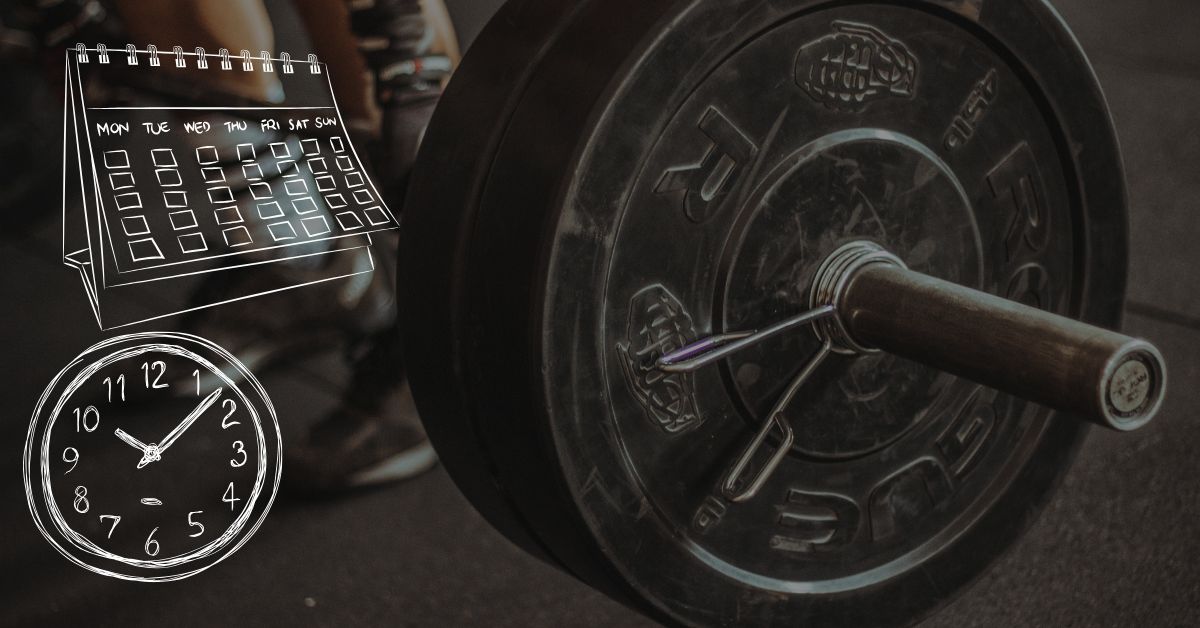Get ready to kick off winter with 7 Bamboos RFC!…

Mental training – How to win the mind game!
For me, mental toughness is the ability to stay focussed in the present irrespective of what is happening at the match. Dinesh Karthik
Written by: Malachi Nojaduka
Imagine, it’s the final of the season’s biggest tournament, you’re walking through the stadium corridors as you make your way onto the field. You hear the screams of adoration from raving fans. With the lights in your eyes, supporters chanting it’s now kick-off time and as the ball pierces through the air bending towards your direction you drop it on first contact…how do you think you’d handle the rest of the game going forward with that mistake? Athletes at the top of their game commonly experience this.
Well, what if we were to tell you that sports psychology has everything to do with how the game ends?
Let us explain…
What is Sports Psychology?
Sports psychology is the practice of mentally preparing for sport. It involves the implementation of different strategies and techniques which can be used to help athletes perform at their best.
The science behind this practice is very useful as it plays an important part in preparing for sporting events and rugby is no different. Sports psychology can play a crucial role in how successful an athlete can be.
The way each athlete approaches the subject may vary. We all have different psychological make-ups. This is the result of our experiences and how we have unconsciously or consciously been taught to deal with stressors around us.
There is similar psychology in sports, with each person having their own psychological profile. At times it may be this underlying psychology that results in an athlete surpassing their peers in whatever athletic endeavor. This becomes clear, in the all-too-familiar “underdog vs top dog” contest, where the underdog manages to prevail over his/her counterparts in the face of overwhelming odds. We all, at some point in our lives, have seen this play out.
One thing that becomes evident in that situation is that the underdogs clearly had a psychological advantage over their opponents. However, there’s really a lot more happening right now, so keep reading.
How does sports psychology work?
Sports psychology requires efforts from athletes, coaches, and other backroom staff that surround them. Those who frequent the circles of elite athletes should know how important they are. So as to act accordingly as their behavior may inadvertently affect the players.
Sport psychology as a discipline can mean a lot of different things but there are five main components to it:
• Motivation
• Confidence
• Performance planning or knowledge
• Routine
• Anxiety management
Motivation
Athletes’ motivation is solely dependent on how they align themselves with their goals. This typically means the athlete sets small goals that inevitably build up to the accomplishment of larger more complex goals. The athletes’ vigor is determined by the goals they set, which results in an increase in self-confidence.
Confidence
In order to build confidence, the athlete must build on what experience he or she already has. As it serves, experience leads to more confidence. The opposite is true as well. One of the best ways to build confidence is to lay out a roadmap that aims to build experience so that the athlete has a collection of expertise that they can draw from. This style of modeling, particularly reminding the athlete of their skills can be extremely helpful in building confidence. It sounds clichéd but the more you do something the better you become at doing it.
Performance planning or knowledge
Performance knowledge refers to having an all-encompassing understanding of the sport being played by the athlete. This is not limited to knowing the rules of the game or how the positions in the teamwork together but also having in-depth insights into the opposition’s strengths and weaknesses. Simultaneously using their lack, to their advantage.
Routine
Regular routines are another aspect of sports psychology that needs to be heavily implemented. The repetition of specific activities not only builds self-discipline but also cultivates a mindset that orients itself to the accomplishment of the goals set by the athlete.
Anxiety management
Anxiety is part of the game; you cannot divorce the two. This is the natural response from your central nervous system to external stimuli. Hence, an athlete needs to possess the skills necessary to channel the fight or flight response in a way that doesn’t compromise the chances of success during an active engagement.
Sports psychologists can help by teaching athletes to control the build-up of pressure and anticipation in a way that isn’t detrimental to their performance.
What are some techniques that I can use?
Integrating psychological training as part of your routine isn’t the same as physical conditioning but it’s more like conditioning the part of the brain that is responsible for your character, identity, personality, or psyche. In essence, it is stepping away from your athletic identity and paying attention to yourself. And believe it or not, positively working on your psychological make-up has innumerable benefits for your athleticism.
It is coaching the mind in mindfulness to avoid distractions, to be composed, and to guide oneself in the heat of the moment.
Here are some techniques that you can use:
• Positive self-talk – repeating mantras in times of stress example would be repeating the words ” I am in control” during the stressful part of a sport.
• Using imagery – visualizing the game setting beforehand or mental rehearsals. A common example of this is when boxers shadow boxes.
• Meditation – incorporating or setting out time as part of an athlete’s routine to be quiet, present, and self-reflect.
• Use breathing exercises – using breathing deeply as a calming tool.
• Getting feedback – ensure that you are engaging coaches and other personnel at your disposal to get clear qualitative feedback to better evaluate your strengths and weaknesses.
Using these techniques is not the only way to achieve psychological balance in your athletic endeavors. The alternative here is sitting down with a professional and working through any barriers that might be preventing you from reaching the next stages of your development. By doing so you allow yourself to better understand your internal motivations which help you connect to and unleash your hidden potential. This is what mental toughness is all about.
Conclusion
Now go back to the scenario posed at the beginning. Would the techniques and strategies mentioned here help the athlete? The answer is yes! Sports, rugby included, require a lot of mental energy.
It is necessary to build the mental fortitude and resilience required to push through when it is necessary. This mental toughness goes way beyond just willing yourself through a challenge. It fundamentally stems from working on your strengths and weaknesses, both on a physiological level and most of all at a psychological level.
Looking for help with your next step? Get in touch now
#mentaltoughness #sportpsychology #sportsperformance #mindsetmatters #mentalperformance #sportmotivation #maximizeperformance







